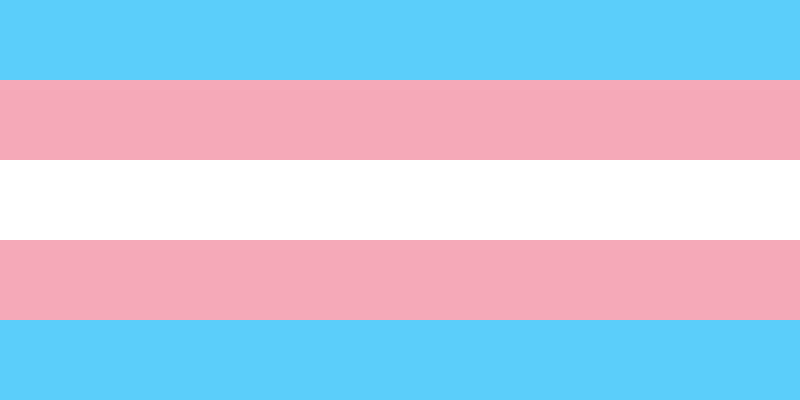Pride
/The beginning of human pride is to forsake the Lord;
the heart has withdrawn from its Maker. -Sirach 10:12
Provers 9:10 says that “the fear of the Lord is the beginning of wisdom.” That proverb makes people uncomfortable these days because it implies that God is a vengeful presence that we’d better be afraid of. But the word fear in this biblical context is not about that really. What it is trying to say is that once you acknowledge that God is God and you are not God; that God is the one who is in control of everything, and you aren’t; that there is far more in this short life of ours that we are not in control of than we are - THAT is the beginning of wisdom. Our modern ears hear “fear” and think it means terror or shame. The biblical intention was that fear of the Lord meant deep respect for, and honor toward, the power of God. Sometimes the meanings of words change over time, so sometimes you need to dig down deeper to understand the intention of a word back when it was written to really understand the intent of the writer.
This Sunday’s Sirach passage says: “The beginning of pride is to forsake the Lord.” Basically, pride is the beginning of sin. As another well-known Proverb says (Prov. 16:18), “Pride goes before destruction, and a haughty spirit before a fall.”
As we prepare for Keene Pride week in our community and in our church, this reading gives us the chance to clarify what we mean when we use the word pride. It’s another word that does not mean the same to us today as it did when it was written. In modern usage, pride is usually used as being synonymous with self-esteem or with having a healthy self respect. We tend to use the word pride as the opposite of self hatred, or as the antithesis to being a willing victim or a doormat.
The stated intention of Keene Pride Week, for example, is to provide assurance to local LGBTQ youth that there is love and support in the community for them. This is so, so important, since LGBTQ youth suffer from societal stigma that can lead to self loathing and a shockingly high suicide rate, especially in transgender youth. “Pride” is meant to be a pastoral and supportive word. St. James will be participating at the pride festival, doing what we can to witness to the LGBTQ community that we embrace them as beloved children of God.
But the word pride is simply not used this way in the Bible. Biblically, it is not about healthy self respect as much as self aggrandizement. Pride is used for those who show up to be seen and admired by others, or think quite a bit about themselves and their own importance, virtue, specialness. It’s not saying, “I’m as beloved as anyone else,” as much as “I'm better than anyone else.” And it’s not only obnoxiously prideful people who sin in this way. As we all know, pride can be rather insidious and can creep into our thinking in big or small ways. It can show up when we disapprove of someone or judge them in our minds or give thanks that we are not like them. It can even show up when we catch ourselves thinking that few people are as truly humble as we are! We all know what this kind of pride is, and no one is immune to the sin of forgetting that God is God and we are not God. This is the kind of pride that Jesus and our other ancestors in faith wanted us to practice not having.
So here’s a practice for you to do just that. Try taking the word pride out of your vocabulary, since it is a word that is so often misheard or misused, and try using gratitude and love instead. Instead of saying, “I’m so proud of my third grader!” you could say, “I love that kid so much!” Instead of saying “We’re proud of what we’ve been able to accomplish,” instead try “We’re so grateful it all came together., thanks to everyone’s input.” Instead of saying “I’m proud to be who I am,” you could try saying, “I’m grateful to be who I am!” or even “I love myself.”
Gratitude to God is by its very nature humble, and therefore the opposite of pride.









